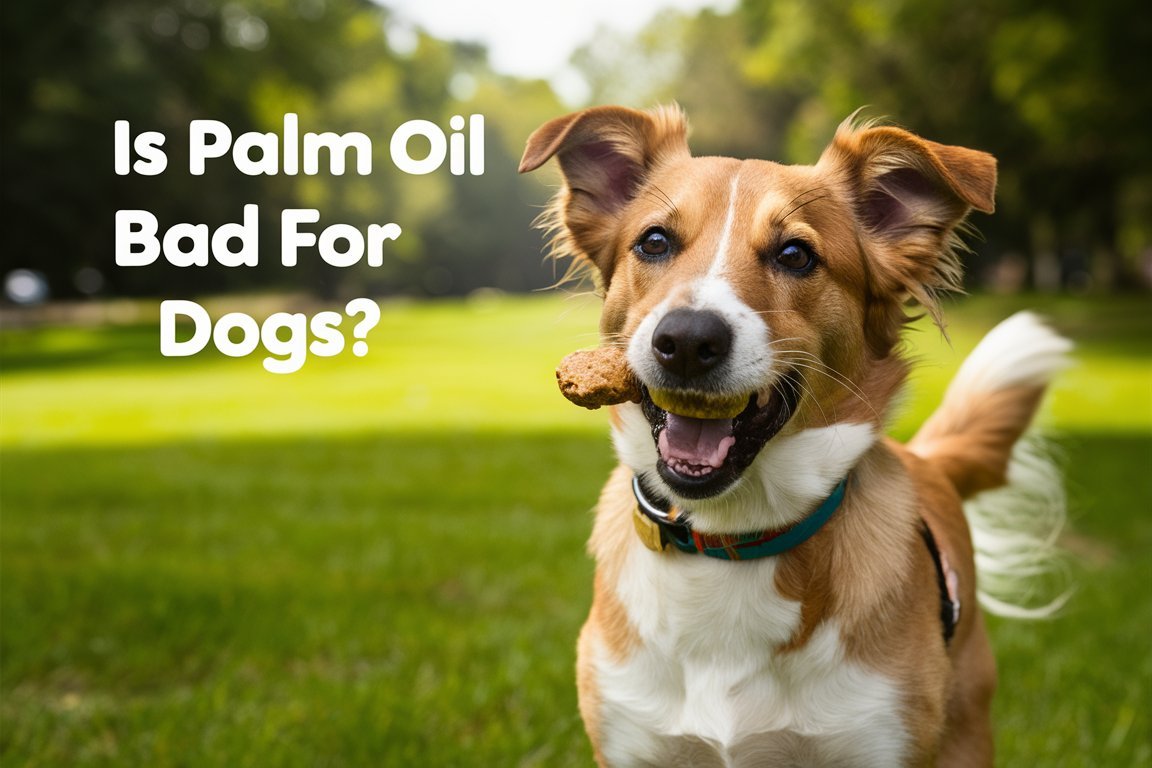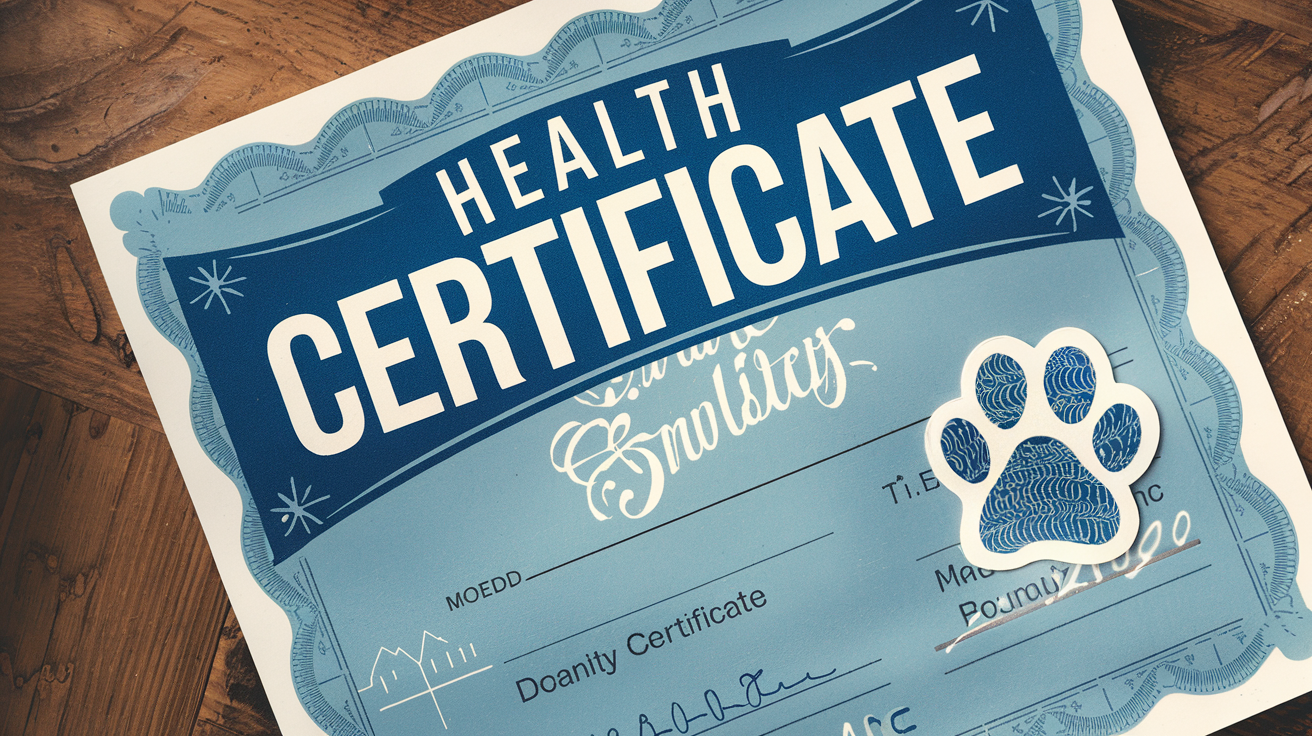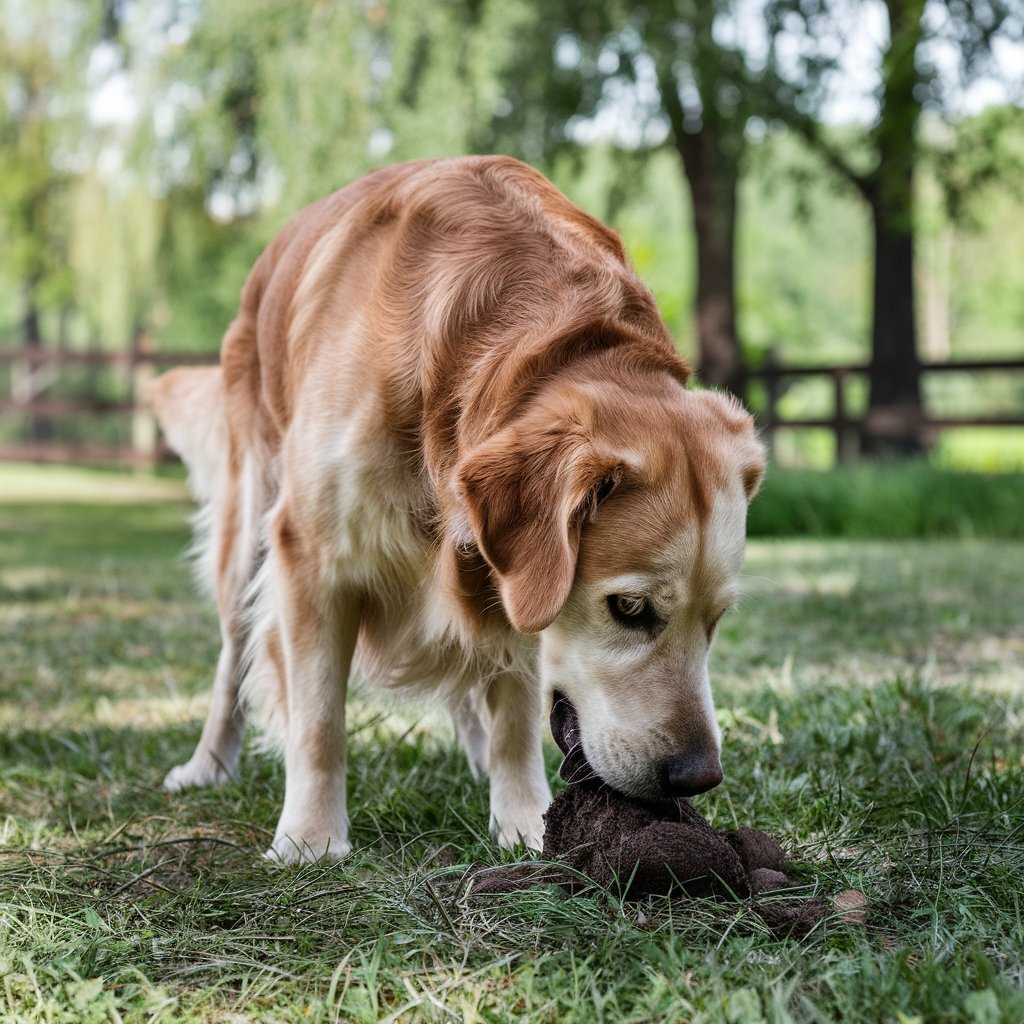Is Palm Oil Bad for Dogs? Everything You Need to Know
When it comes to our dogs’ health, knowing what’s safe for them to eat is crucial. One ingredient that often raises concerns among pet owners is palm oil. You may have heard conflicting opinions about whether palm oil is safe or toxic for dogs. In this article, we’ll dig into what palm oil is, how it can impact your dog, and what you should do if your furry friend consumes it.
What is Palm Oil?
Palm oil is a type of vegetable oil derived from the fruit of the oil palm tree. It’s commonly found in processed foods, cosmetics, and even cleaning products. You might be surprised to learn that palm oil can also be present in dog foods and treats. While it’s used extensively in human products, the big question is: Is palm oil bad for dogs?
Why is Palm Oil in Dog Products?
Palm oil is often used in dog foods and treats because it’s a cost-effective and versatile ingredient. It acts as a fat source and helps improve texture. While some argue that small amounts of palm oil can offer certain benefits like providing energy and aiding nutrient absorption, the potential risks often outweigh these minor positives.
Is Palm Oil Harmful to Dogs?
The short answer is: Yes, palm oil can be harmful to dogs, especially when consumed in certain forms or quantities.
1. Toxicity of Palm Oil on Beaches
One of the most dangerous forms of palm oil is the kind that washes up on beaches. These palm oil deposits are often contaminated with other toxic substances and can be extremely harmful if ingested. For example, there have been reports of dogs getting severely sick after eating palm oil found along the shoreline.
Imagine this scenario: You’re enjoying a day at the beach with your dog, letting them run free. Suddenly, they find a lump of what looks like a harmless white substance. Before you can react, they gobble it down. That substance could be a toxic chunk of palm oil, leading to vomiting, diarrhea, and even dehydration.
2. Palm Oil in Commercial Dog Food
Even though palm oil is generally safe in small amounts, it’s the source of concern in many commercial dog foods. High levels of palm oil can lead to digestive issues like upset stomach, vomiting, and loose stools. Long-term exposure to low-quality fats like palm oil may contribute to chronic health issues, including obesity and inflammation.
3. Potential Allergies and Sensitivities
Some dogs are more sensitive than others when it comes to ingredients in their food. Palm oil could trigger allergic reactions in certain dogs, leading to itchy skin, ear infections, and even gastrointestinal distress.
What Should You Do if Your Dog Ingests Palm Oil?
If your dog has accidentally consumed palm oil, whether from the beach or their food, here’s a step-by-step guide on what to do:
- Stay Calm: First, don’t panic. Assess how much they’ve consumed and monitor them closely.
- Look for Symptoms: Watch out for symptoms like vomiting, diarrhea, drooling, or lethargy. If these occur, it’s a sign that the palm oil is affecting their system.
- Contact Your Vet: If you notice any worrying symptoms or if your dog ate a large amount, contact your vet immediately. Even if the symptoms seem mild, it’s better to be cautious.
- Avoid Self-Treatment: Do not attempt to induce vomiting or give home remedies without professional advice. Incorrect treatments can worsen the situation.
How to Choose Safe Dog Products
With so many products containing palm oil, it’s important to be an informed pet owner. Here are some tips for selecting safer alternatives:
- Read Labels Carefully: Check the ingredient list of dog food and treats. Option for products that use higher-quality, natural fats like coconut oil or fish oil instead of palm oil.
- Choose Reputable Brands: Stick with well-known brands that prioritize transparency and use ethically sourced ingredients.
- Consider Homemade Treats: If you’re concerned about what’s in your dog’s treats, consider making your own at home. This way, you have full control over the ingredients.
Ethical Concerns Surrounding Palm Oil
Beyond the health risks, there are also ethical concerns about palm oil production. The demand for palm oil has led to deforestation, habitat destruction, and harm to endangered species like orangutans. By choosing products that avoid or use sustainable palm oil, you’re also making a more eco-conscious decision.
Conclusion: Is Palm Oil Really Bad for Dogs?
While small amounts of palm oil in dog products might not be immediately harmful, the risks, especially in unregulated or contaminated forms, can be significant. Given the potential for digestive issues, allergic reactions, and even toxicity, it’s wise to minimize your dog’s exposure to palm oil. Always choose high-quality products and consult your vet if you’re unsure.
Ultimately, the safety and well-being of your pet come first. By staying informed, reading labels, and opting for healthier alternatives, you can confidently provide the best care for your furry companion.
This article highlights the importance of understanding what’s in your dog’s food. When it comes to your dog’s health, always prioritize quality over convenience. Palm oil might be common, but it’s not always the best option for your beloved pet.




Great post! Very informative.